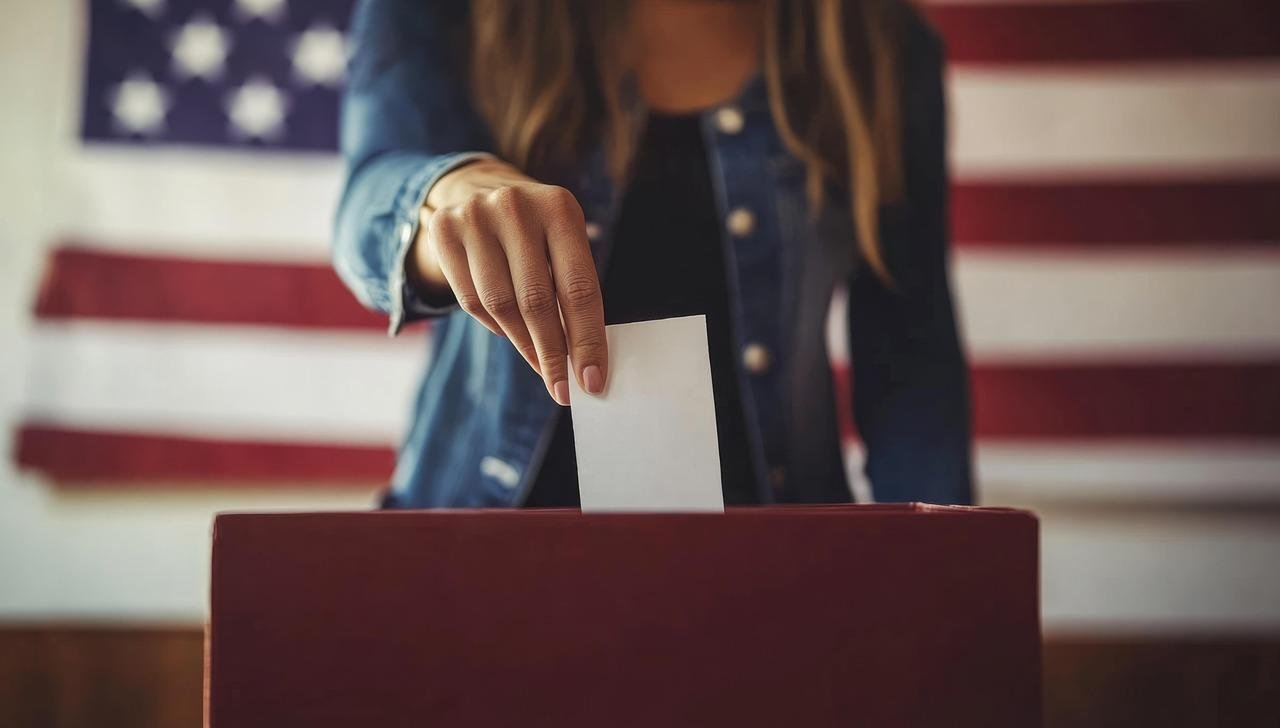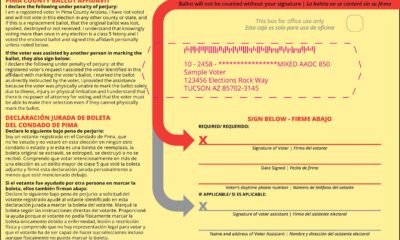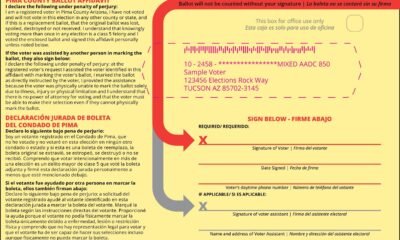border
Efforts to Curb Non-Citizen Voting May Unintentionally Affect Married Women

Millions of American women may face heightened challenges at the polls due to a proposed law by House Republicans. This legislation, dubbed the Safeguard American Voter Eligibility (SAVE) Act, is designed to combat non-citizen voting—an act that is already illegal—yet critics argue it could disenfranchise many citizens who have changed their names, especially women who have married or individuals who identify differently than they did at birth.
Voting rights advocates have voiced concerns that the SAVE Act would create unnecessary barriers for a significant portion of the electorate. “It will make it so that people in this country who have every right to vote can’t vote, and for no good reason,” remarked Hannah Fried, co-founder and executive director of All Voting is Local. Fried emphasized there are already sufficient safeguards in place to ensure only eligible voters participate in elections.
Lauren Kunis, CEO of VoteRiders, explained that obtaining the necessary identification for voter registration can be overwhelming. She noted, “We’re watching with a lot of concern” as the SAVE Act progresses, indicating it could exacerbate existing bureaucratic challenges for many Americans.
Despite criticisms, Republican supporters of the bill, including Rep. Chip Roy of Texas, argue it will provide alternative methods for individuals to prove their citizenship when discrepancies occur due to name changes. “The legislation provides a myriad of ways for people to prove citizenship,” Roy claimed, asserting that the bill will not disenfranchise legitimate voters.
However, evidence shows that the bill could impact millions. A study conducted by organizations like VoteRiders found that over 21 million eligible voters lack readily available proof of citizenship. The implications could be especially severe for communities of color and rural voters who face additional barriers to accessing documentation.
Christina Harvey, executive director of Stand Up America, highlighted the bill’s potential to disproportionately affect women and rural citizens. “Ironically, House Republicans seem to be attacking the voting rights of many of their own constituents,” she said.
Estimates suggest that approximately 69 million women and 4 million men do not possess a birth certificate that matches their current legal name. This disconnect poses a real threat to access voting rights, particularly in rural regions where documentation may be even less accessible.
Critics are skeptical of claims that the proposed legislation will assist citizens. “This is giving oxygen to a misleading narrative,” warned Kunis, underscoring that the notion of widespread non-citizen voting is unfounded.
In an effort to counter the SAVE Act, House Democrats have reintroduced the John R. Lewis Voting Rights Advancement Act, which seeks to restore provisions stripped away by the Supreme Court in 2013. Although the bill faces slim chances in the Republican-controlled Congress, it highlights ongoing concerns about voting rights in America.
Democratic leaders have labeled the SAVE Act a deceptive measure, with House Democratic Whip Katherine Clark stating, “It is built on a false premise that there are noncitizens voting in large numbers.” She described it as a means of voter suppression that disproportionately impacts women, particularly those who changed their names after marriage.
The proposed bill not only complicates voter registration but also threatens to eliminate popular registration methods such as online and mail-in options, forcing citizens to appear in person at election offices already grappling with staffing shortages. Eliza Sweren-Becker of the Brennan Center for Justice emphasized that these restrictions could lead to chaos in the electoral process.
Overall, the SAVE Act is poised to reshape who can participate in American democracy. As discussions around voting rights continue, advocates warn that the stakes are high. “This is not just moving the goalposts,” Kunis stated. “This is like ripping the goal post out of the field.”


















